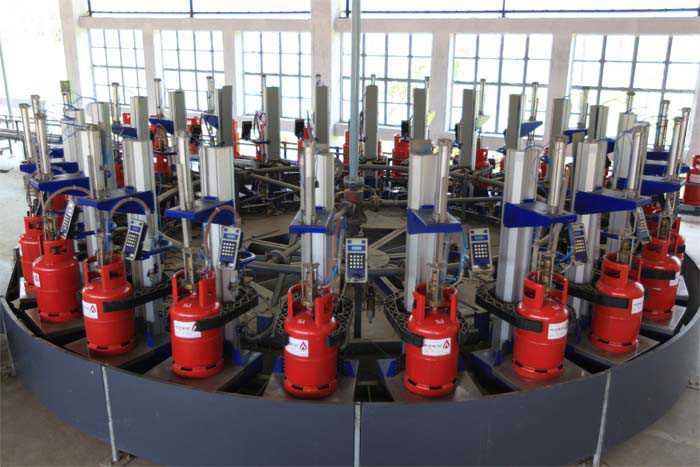Unsustainable LPG industry growth worrying

Image: Collected
THE use of liquefied petroleum gas to address the situation of depleting natural gas reserve and the unavailability of firewood was a welcome approach, but planning and regulatory failures seem to be costly. Experts in a webinar on LPG prices have expressed concern about the unhealthy expansion and unplanned expenditure in the market that has remaining businesses in a hardcore spot and they possess blamed a wrongful projection of the demand expansion as grounds for the instability. The government possesses projected that the LPG demand will come to be three times larger in five years than what it really is today. Industry experts have, however, observed the projection flawed and argued that the demand may hardly ever reach the projected three million tonnes a year. Even if the federal government succeeds in creating access to LPG for all the 20 million households that still work with biomass for cooking food, the demand wouldn't normally reach the projected level. An inflated demand projection features misguided shareholders and created an harmful competition that could jeopardise the sector over time.
The regulatory failure is evident in the operations of all aspects of the LPG industry. While China has four and India offers three LPG corporations, 56 companies in operation in Bangladesh have set the industry in a difficult situation when it comes to market talk about. As the industry is capital-intensive, unplanned purchase without proper market evaluation carries the risk of bankruptcy, which may effect the banking sector. More than the required number of players in the LPG market creates bedroom for a cost war and compromised buyer interests. Customers have for very long complained of selling price instability. In the lack of a regulatory system, private-sector suppliers possess arbitrarily increased rates. In April, when LPG value declined to record lows on the global industry, the non-public sector in Bangladesh continuing to sell LPG with a drastically high profit margin. In October, an LPG firm increased its selling price by Tk 40 per refill of a 12-kilogram bottle in two phases without the notice for buyers. Suppliers also have not been careful about safety standards. Frequent studies of fatal harm from cylinder explosion certainly are a testament to poor protection standards. It is evident from the prevailing chaos that the development in the LPG industry is certainly unsustainable in the long run.
The federal government must, therefore, revisit its inflated projection of LPG gas demand and govern investments in the sector with a genuine market assessment. It should do so following expenditure patterns in other countries in South Asia as the demand development at hand will not follow overseas trends. For a sustainable development, the government must strengthen the mechanism to bring prices, safety standards and different related problems under its regulatory purview.
Source: https://www.newagebd.net